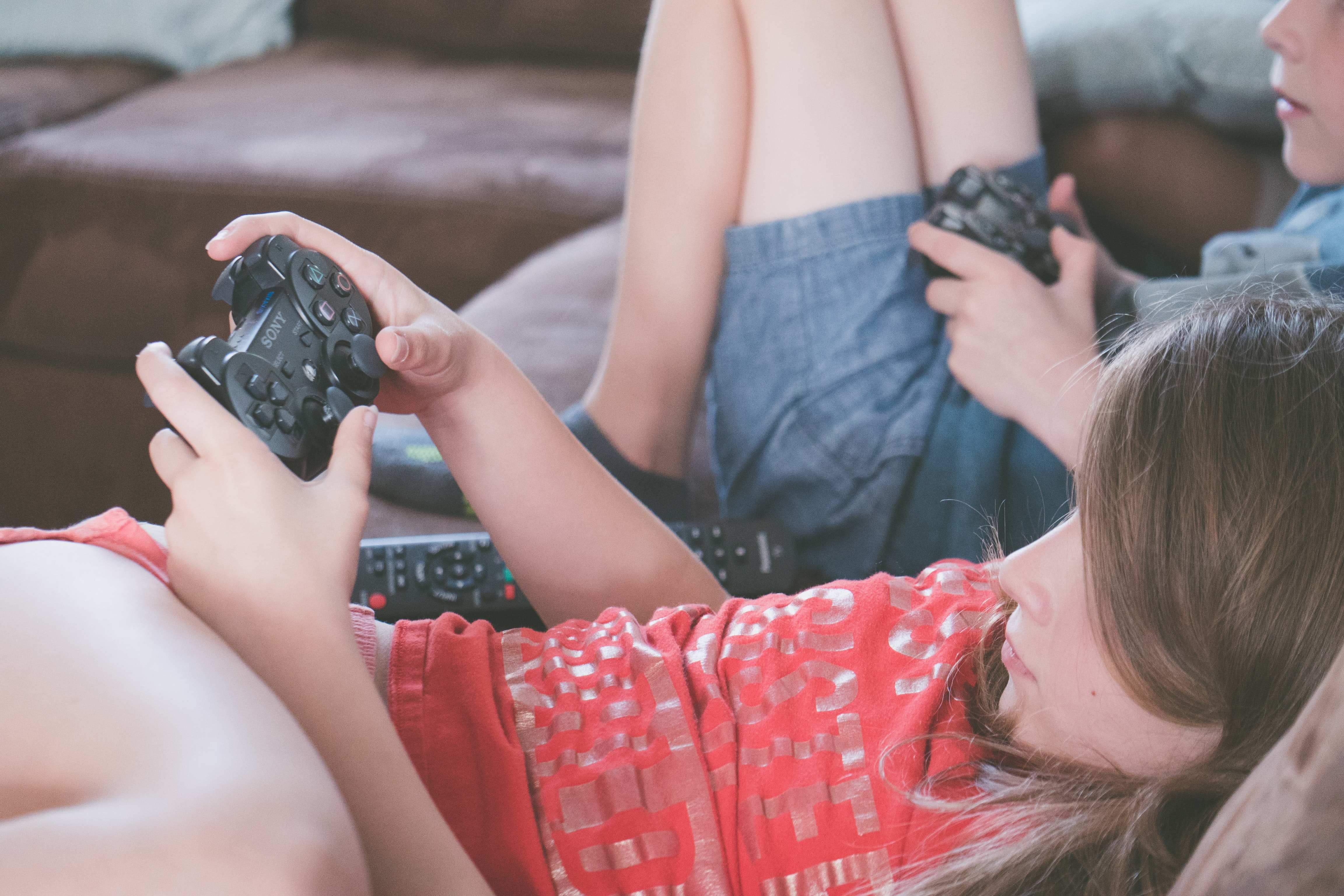Is There a Link Between Tech Addiction Among Teens and Public Policy?
Technology has made everybody’s lives better, creating opportunities for entrepreneurs in medicine, manufacturing, and any other field you can imagine. But technology also has taken entertainment to a whole new level, making it more accessible to all, young and old. Over time, we have learned about countless young kids who made technology the most important part of their lives — but not in a very healthy way.
Video games, it seems, have become teens’ drug of choice, consuming hours of their lives. The result is what one would expect: bad grades, concerned parents, and broken family relationships. In the end, many are having to go to rehab to regain control of their lives.
But this issue seems to start early, as studies claim that 90 percent of kids in the United States use mobile devices, the majority starting extremely early, even before age one.
Dr. Alan Mendelsohn, a pediatrician at NYU Langone Health in New York, says that the best playthings for young kids are blocks, puzzles, and even cardboard boxes. “A cardboard box can be used to draw on, or made into a house,” he said. Unfortunately, many parents think that the opposite is true and that whatever is most expensive, loud, and technologically sophisticated is what’s best. This misconception might be behind what many teens are going through now, a reality in the life of Debbie Vitany, whose 17-year-old son, Carson, spends 12 hours a day playing the video game Fortnite.
To Mendelsohn, heavy use of electronic media delays development in certain areas, such as language, and may even lead to a series of health issues. In the Vitany household, this appears to be the case, as Carson dedicates so much time to his favorite video game that his grades are now plummeting.
“We’d made some progress in getting him to cut down his Fortnite hours and get better sleep, but he’s slipped back into his old habits,” Vitany told reporters. “I’ve never seen a game that has such control over kids’ minds.”
Other parents feel the same way, as their teenage children seem particularly into games like Fortnite, which is available for free on several types of devices such as smartphones. The game compels players to complete 100-person fights until the very last one, which is a standing match and nearly impossible for users to quit once they have started.
Cam Adair, an expert who dropped out of high school at age 15 over his own video game addiction, says that Fortnite is especially addictive. The fact that dropping from the game means users quit the fight makes it harder for teens to choose real life over what’s on the screen.
“It’s World War III if a parent asks their son to come to dinner because if they leave they lose,” Adair said.
This trend seems to be growing, consuming mostly young men of an entire generation. But what does this say about this generation’s parenting style?
According to a recent study, anxious and overprotective parenting has helped to give rise to video game addiction. Perhaps that’s a symptom of a larger problem as schooling has, for the most part, instilled in children, parents, and educators over the decades the idea that teaching the young to be good at tests but not much else is the proper way of educating a child.
Overprotective Parenting, Anxious Kids
In addition to a school system that helps to add to children’s anxiety, the now well-known helicopter parenting style has also helped to produce generations of young women who are less well-adjusted psychologically and young men who deal with greater levels of both anxiety and depression.
As clinical psychologist Dr. Brent Conrad explains, “people who have higher levels of trait anxiety, aggressive behavior, and neuroticism are at a higher risk for video game addiction.” And according to a Chinese study, authoritarian parents are also more likely to have children who develop video game addictions.
What does that say about America? What is it that is making parents so anxious about their children, and how did we get to this point? According to psychologists Lenore Skenazy and Jonathan Haidt, bad public policy put in place in the name of safety and paranoid parenting have fueled each other over the years. In the end, the ones who hurt the most are children, who simply have no freedom to learn to be self-reliant.
In their article for Reason magazine, Skenazy and Haidt explain that shielding kids from risk, hurt feelings, and failure threatens the very fabric of our society and economy. Yet, they continue, “modern child-rearing practices and laws seem all but designed to cultivate this lack of preparedness.”
Perhaps it’s high time we look at this generation’s dangerous dependence on video games and electronic devices as a symptom of a problem that became much worse thanks to the government.
Public schooling coupled with public policies designed to target parents who give too much freedom to their kids is helping to raise anxious children, and anxiety is giving way to a series of new problems. Is that what we want for our children?










